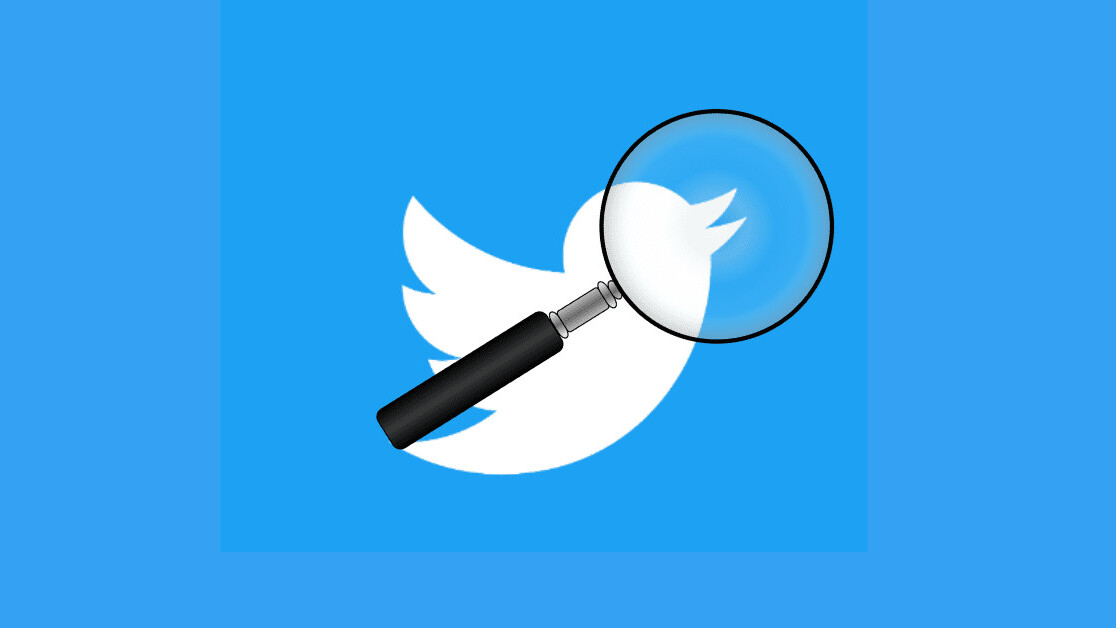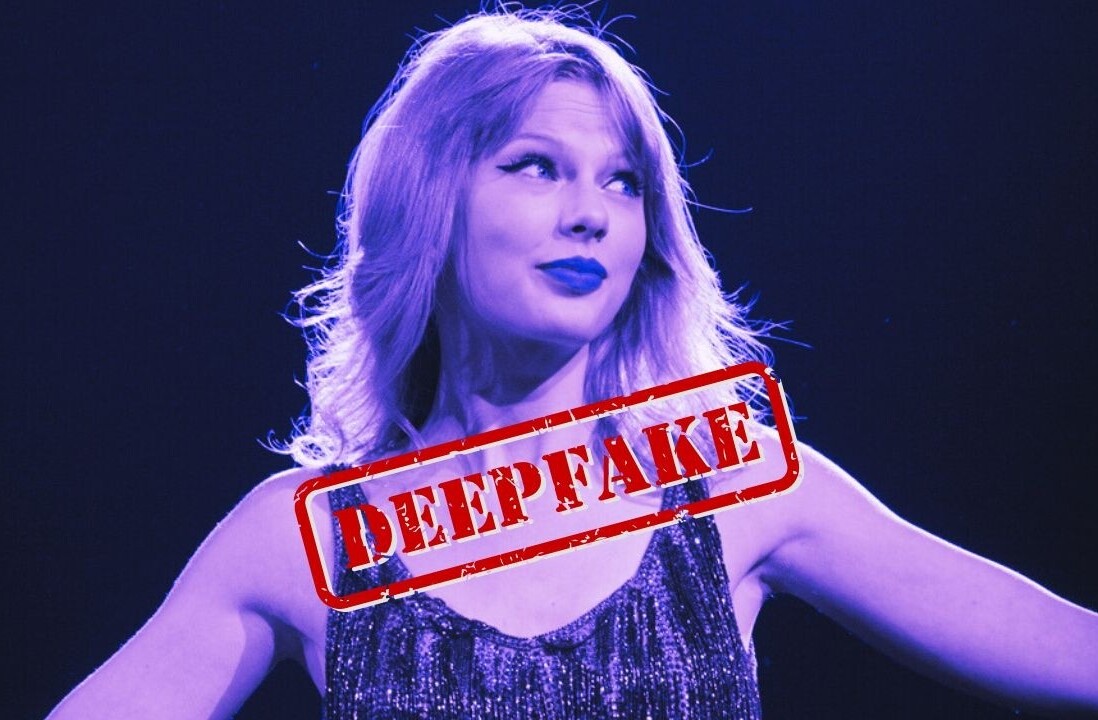
Twitter today updated its rules on hate speech to include dehumanizing language against several new groups of people — specifically those with disabilities, of different age groups, and those with diseases.
We continuously examine our rules to help make Twitter safer. Last year we updated our Hateful Conduct policy to address dehumanizing speech, starting with one protected category: religious groups. Now, we’re expanding to three more: age, disease and disability.
For more info:
— Twitter Safety (@TwitterSafety) March 5, 2020
To keep you up to speed, Twitter’s existing rules against hateful conduct include using dehumanizing language to describe against race, ethnicity, national origin, caste, sexual orientation, gender, gender identity, and religious affiliation. This usually covers any kind of derogatory comment, and the overall policy adds that you may not use the platform to incite violence or make threats on the basis of any of these characteristics.
[Read: Twitter is experimenting with new solutions to reduce toxicity]
Given that we’re living in the time of COVID-19 now, this is probably an optimal moment to include disease in as a matter of hate speech. Nothing wrong with encouraging compassion and empathy, especially as the specter of a global pandemic hangs over our heads. And hating on anyone because of disabilities is just never cool.
That said, with regards to the age thing, I do wonder if this’ll do anything to curb the generational shit-talk I see so often on social media — you know, the “Boomers suck/millennials are lazy/zoomers don’t know they’re born” talk. One of the examples Twitter gives of the sort of language they see is “All [Age Group] are leeches and don’t deserve any support from us,” and wow, the universal applicability of that just rattled my brain in my head.
Feedback on its hateful conduct policy, says Twitter Safety, is that its language needs to be clearer. Another criticism was that people wanted to be able to use potentially hateful language to discuss groups that don’t necessarily fall into the protected categories: “Respondents said that ‘identifiable groups’ was too broad, and they should be allowed to engage with political groups, hate groups, and other non-marginalized groups with this type of language. Many people wanted to ‘call out hate groups in any way, any time, without fear.'” That’s a bit of an odd reaction: “I don’t want your rules to prevent me from spitting fire at groups I don’t personally like.” But then again, this is Twitter we’re talking about.
According to Twitter, users can report older tweets that retroactively break these rules, and they’ll need to be taken down. That said, Twitter won’t pursue punitive action against accounts of the people who’ve tweeted this — at least, not before today. Twitter also said it’s working with a group of outside experts to “understand the tricky nuances” as well as historical context and “reclaimed terminology.” As we’ve already seen, it will not be deleting tweets — even hateful ones — from figures whose words are “of public interest.“
Get the TNW newsletter
Get the most important tech news in your inbox each week.




